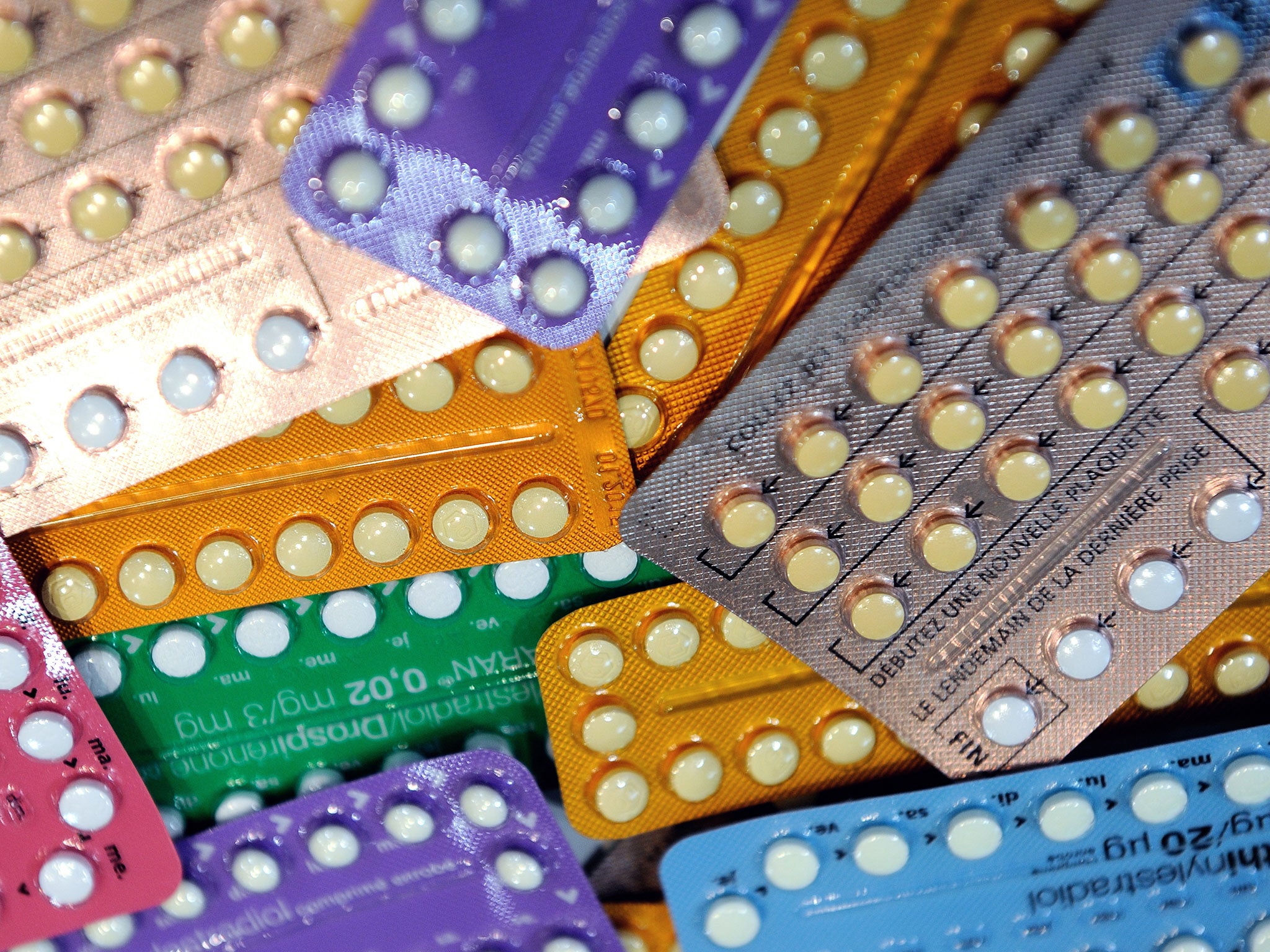One in 20 underage girls are on the pill, research shows
Reproductive health campaigners have welcomed the news which is believed to be resulting in fewer unplanned teenage pregnancies

One in 20 young girls are on the pill, new research has revealed.
Around 5 per cent of girls aged 12 to 15 are now being prescribed the contraceptive pill. This is an increase from 3.3 per cent of girls a decade ago.
In addition to contraception, the pill can be used for other medical reasons including to control heavy, irregular periods and to treat acne.
Reproductive healthcare campaigners have welcomed the news and say the increase in contraceptive use amongst younger age groups is behind a record low in the number of teenage pregnancies in the UK.
Rates of conception amongst under 18s in the UK are at their lowest since records began.
Marie Stopes UK’s Director of Policy, Genevieve Edwards, told The Independent: “Over the last decade teenage pregnancy rates have been falling and are now at a record low.
“Without the pill, condoms or other longer-acting methods of contraception, sexually active teenagers wouldn’t stop having sex, they’d just be at risk of an unintended pregnancy or sexually transmitted infection.”
A spokesperson for the British Pregnancy Advisory Service told The Independent: " Our teenage pregnancy rate is at a record low and this is undoubtedly the result of young people having better access to contraception. We should be working to ensure all young women are able to access sexual health advice and services- not chastising those who make the responsible decision to do so."
However, concerns have been raised that the pill is being used as a substitute for condoms; risking a rise in sexually transmitted infections and diseases.
Dr Trevor Stammers, a former GP, told the Mail on Sunday: “The rate of STIs is unacceptably high. But if the contraceptive pill is the main mechanism for reducing unplanned pregnancies, then you have to expect STIs will go up.”
Join our commenting forum
Join thought-provoking conversations, follow other Independent readers and see their replies
Comments
Bookmark popover
Removed from bookmarks